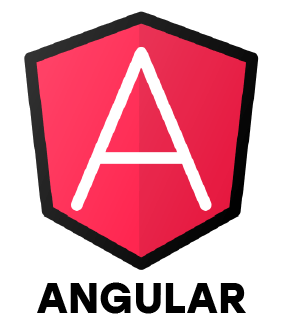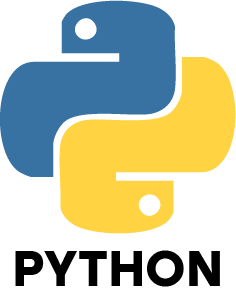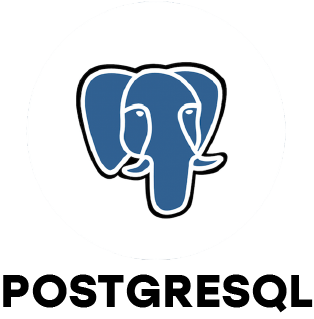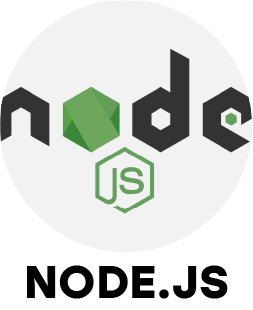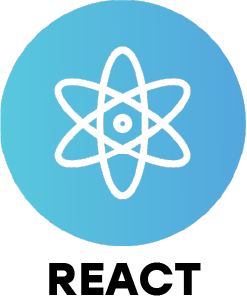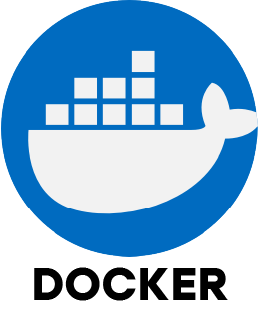1. What technologies should a Full Stack Developer learn?
Ans:
They should know front-end tools like HTML, CSS, JavaScript, and libraries like React or Angular. On the back end, they should know tools like Node.js or Python. They should also learn how to work with databases and use tools for code management and cloud services.
2. What are common HTTP methods used in web development?
Ans:
- GET: To read or fetch data
- POST:To send new data
- PUT:To update data
- DELETE:To remove data
- PATCH:To partly change data
3. What is the role of middleware in a web application?
Ans:
Middleware helps manage the steps between a user request and the final response. It determine a user is permitted to access a page log activities or handle errors.
4. What is MVC architecture?
Ans:
- Model: Manages the data
- View: Shows the data to the user
- Controller: Controls the flow between Model and View
5. How is state managed in a React application?
Ans:
In React state be handled inside components or shared. There are special tools and method to manage change data and update the screen needed.
6. Why do use npm or Yarn?
Ans:
These are tools for manage and install libraries or adding to a project ensure the right version is used so that scripts work smoothly.
7. How is user login authentication added to a website?
Ans:
Login systems usually involve asking for username and password on the front end. The back end checks the details and gives a token or session. Special tools help make this process secure and organized.
8. What is responsive design?
Ans:
A website with responsive design looks nice and works well on all screen sizes, like phones, tablets and computers. It respond to the device automatically.
9. What is CORS and how is it controlled?
Ans:
A component of the browser called CORS prevents data transfer between websites for security reasons. Developers are managed by configuring the server to specific websites to connect.
10. How can a web application’s performance be improved?
Ans:
This can be done by making files smaller, loading images only when needed, writing efficient code and using tools that speed up data delivery.
11. Why is version control important in development?
Ans:
Version control aids developers in tracking changes, work together on the same code go back to older versions and manage different updates or fixes.
12. How is a website or app put online deployed?
Ans:
You choose a service to host your website, upload your code, set up settings like environment details and connect it to a domain name so users can access it online.
13. What is the use of APIs in web development?
Ans:
APIs allow different software or systems to talk to each other. For example a weather app might use an API to get weather details from another service.
14. How do you fix problems in a web application?
Ans:
Problems are found and fixed by checking messages in the console, using browser tools to inspect issues and writing code to catch and log errors for review.







